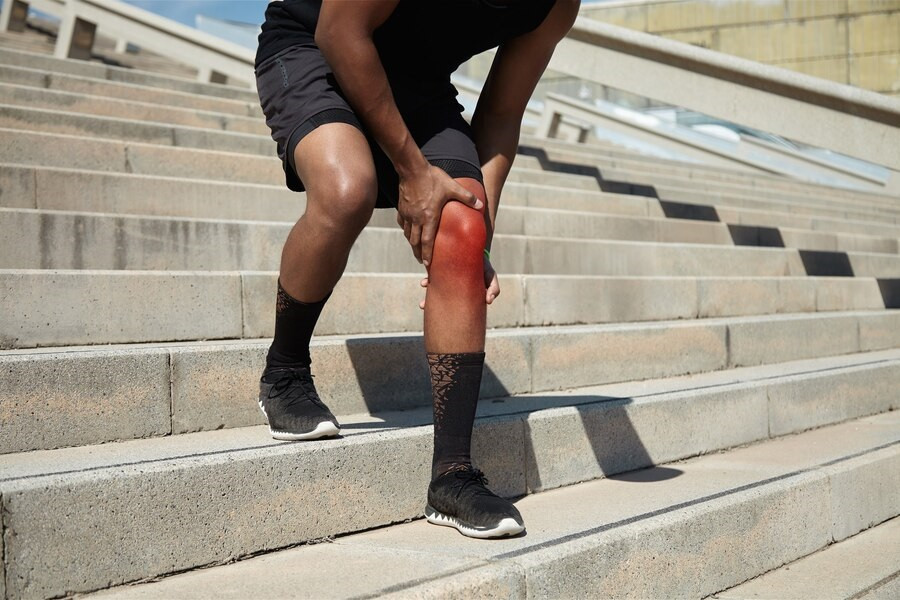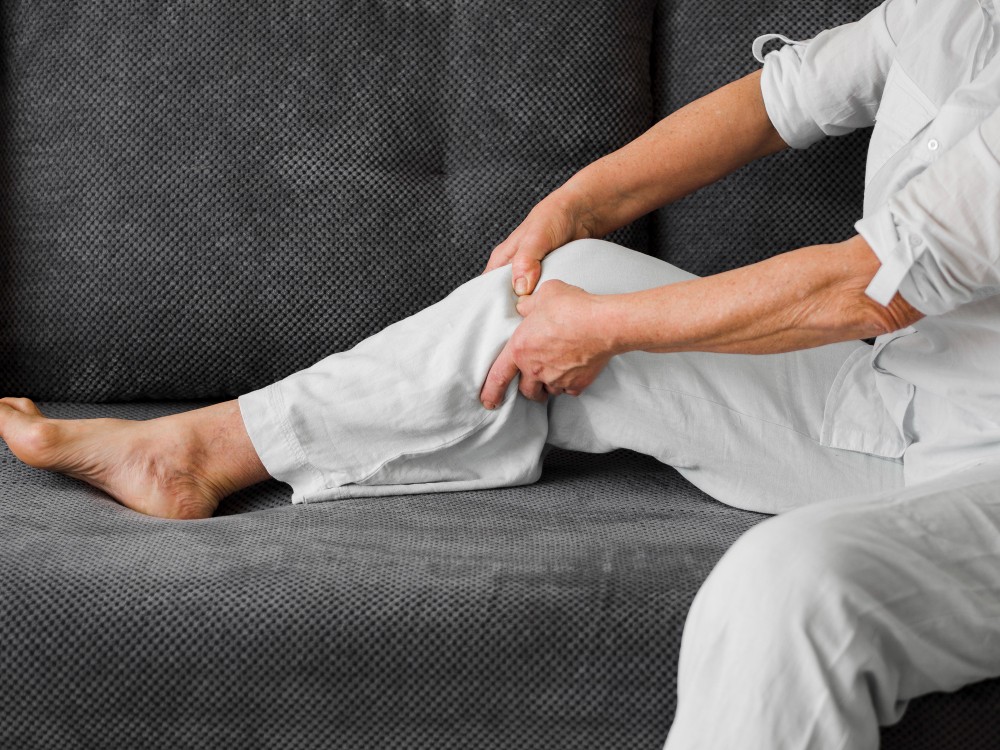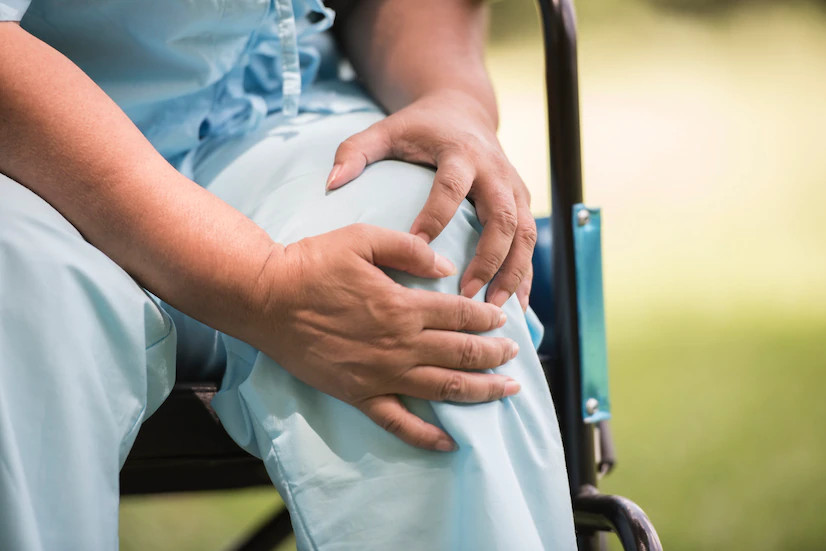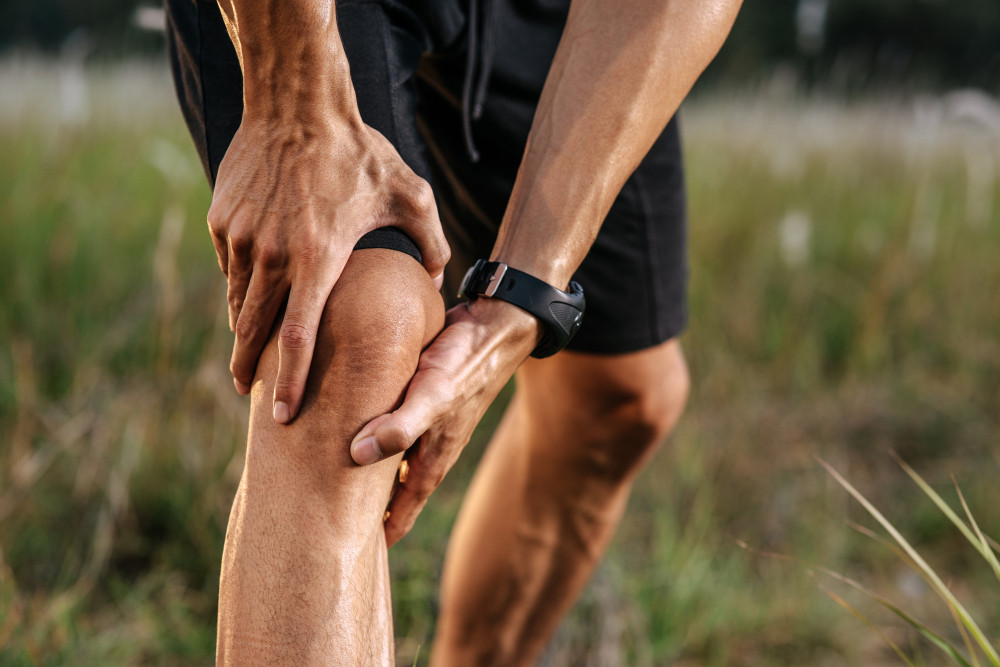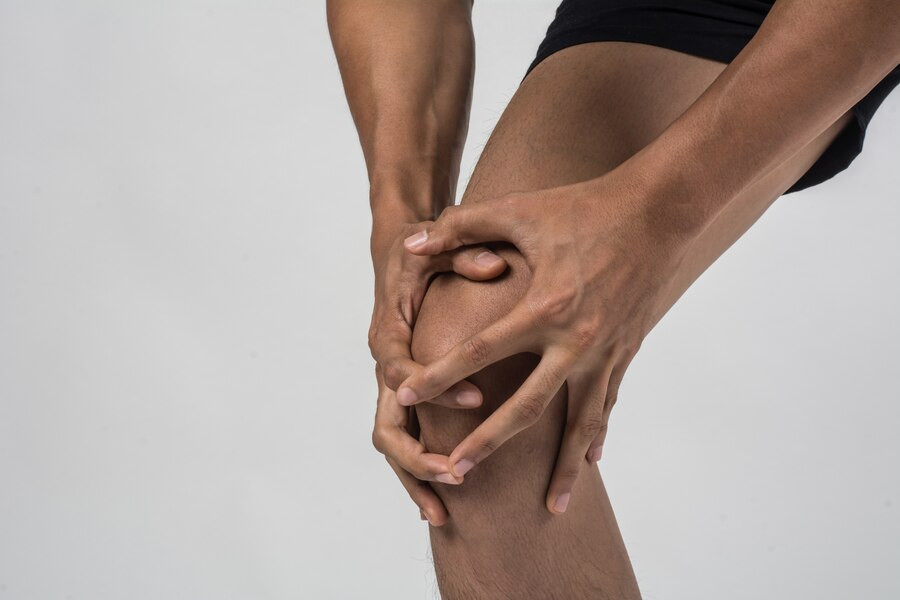An anterior cruciate ligament (ACL) injury is a frequently occurring knee injury, which is commonly experienced by athletes and people who engage in activities that put a lot of strain on their knees. This type of injury usually happens when the knee joint is pushed beyond its limits, such as when it is rotated or suddenly compressed.
Soccer, basketball, skiing, and badminton may include movements that can heighten the risk of an ACL injury. While some injuries may be mild and heal over time, serious injuries may require surgery to repair damaged ligaments.
Signs of ACL Injury
ACL injuries are usually characterized by several symptoms, including:
- Loud popping sound in the knee
- Severe pain to the point of being unable to continue activities
- Swelling that develops quickly
- Feeling of instability when bearing weight
- Loss of range of motion
Also read: Risk Of Weightlifting Injury And How To Prevent It
First aid for an ACL Injury
Proper first aid can help prevent the worsening of symptoms in ACL injury treatment.
If you notice ACL symptoms, the first aid that needs to be given is the RICE method, including:
Rest
Rest and avoid activities that can worsen symptoms. Do not overuse your knee until symptoms improve.
Ice
Apply an ice compress for 15 minutes several times a day
Compression
Cover the knee with an elastic bandage to help reduce swelling
Elevation
Raise your knees to heart level
In more serious conditions, you need to see a doctor and get other necessary treatment, including:
- Use crutches to help you walk so as not to put stress on your knees
- Use a board to protect your knees and hold them in place
- Taking pain relievers such as NSAIDs or paracetamol
- Undergo physical therapy as recommended by the doctor
Read more: Which Is Better, Warm Or Cold Compress During Sports Injuries?
Knee Arthroscopy to Treat ACL Injuries
As previously mentioned, damaged ligaments may require surgery, including the knee arthroscopy procedure in severe cases.
Knee arthroscopy is a surgical method that allows doctors to view the knee joint without making large incisions. The doctor simply inserts a small camera into the knee joint. This camera will display images that can be used to guide miniature surgical instruments and repair damaged ligaments.
Knee arthroscopy is a minimally invasive procedure that can reduce infection risk, post-operative pain, and recovery time.
However, avoiding movements that overuse the knee is best to prevent ACL injuries. If you like risky sports, you must wear safe protective equipment, stop training when your knees hurt, give your body time to rest and recover after injury, and always warm up and cool down properly.
It is important to seek immediate medical attention if you experience any symptoms of an ACL injury. Your doctor can evaluate the severity of your injury and recommend appropriate treatment.
Need more information about knee injuries? Get personalized health consultations by downloading the Ai Care app from the App Store or Play Store.
Want to know more information about other diseases? Click here!
- dr. Yuliana Inosensia
Mayo Clinic (2022). ACL injury. Available from: https://www.mayoclinic.org/diseases-conditions/acl-injury/symptoms-causes/syc-20350738
Ortho.info (2022). Anterior Cruciate Ligament (ACL) Injuries. Available from: https://orthoinfo.aaos.org/en/diseases--conditions/anterior-cruciate-ligament-acl-injuries/
Cleveland Clinic (2023). ACL Tear. Available from: https://my.clevelandclinic.org/health/diseases/16576-acl-tear
Ortho.info (2022). Knee Arthroscopy. Available from: https://orthoinfo.aaos.org/en/treatment/knee-arthroscopy/
Mary Anne Dunkin (2022). 11 Knee Pain Dos and Don’ts. Available from: https://www.webmd.com/pain-management/knee-pain/knee-pain-dos-and-donts


